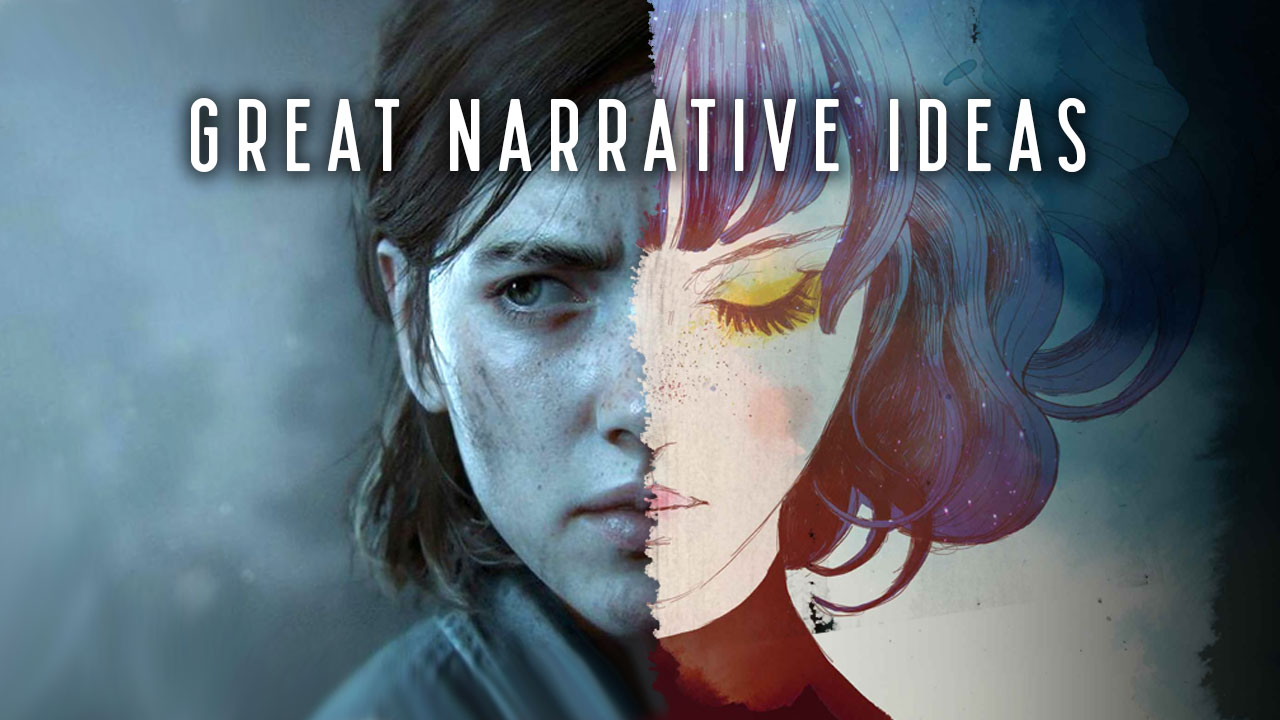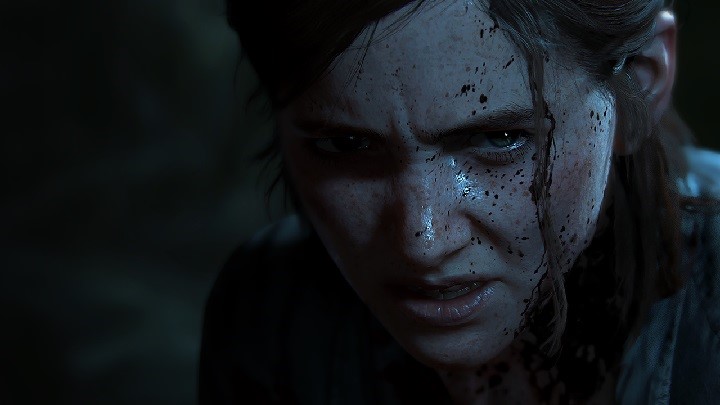The Last of Us 2. 8 Games With Brilliant Ideas for Narrative

- 8 Games With Brilliant Ideas for Narrative
- The Last of Us 2
- GRIS
- BioShock Infinite
- Gothic
- God of War (2018)
- Hades
- Red Dead Redemption 2
The Last of Us 2
- Genre: action adventure set in a post-apocalyptic world
- Year: 2020
- Platform: PS4
- Developer: Naughty Dog
Naughty Dog put its fans in an equally awkward situation - albeit in a completely different way - in The Last of Us: Part 2. I've already done a spoiler warning, so I'll put it straight - after Abby brutally murdered Joel, the player, like Ellie, felt an irresistible need for revenge. So we set off in pursuit of the killer, and everything was going well for three in-game days. That is, until the developers made us play as Abby.
I'll honestly admit that in the first sequences in which I took control of her - not counting the part in the prologue, when I obviously didn't understand the situation yet - I was convinced that it was just filler intended to make us have mixed feelings about killing the woman, and extend the gameplay by a few dozen minutes before the thrilling finale. However, it quickly became apparent that the ending was still a long way off, and whether I wanted it or not, I had to force myself to relate to Abby.
Just so you know, I really tried. What's more, the developers included numerous scenes intended to connect me with the new character. I assume that the developers' plan at least partially succeeded and certain players really liked Abby, became attached to her, began to sympathize with her and understand her. However, this narrative trick didn't work on me. I didn't want to play as Joel's murderer, as I liked him a lot in the first The Last of Us. I wanted to go back to Ellie's story and take my revenge and then some on Abby.

In the end, I somehow slogged through her story - usually trying to forget who I was playing as and only concentrating on the events at hand, as if they were happening in a vacuum. The real climax of this, unusual to say the least, situation came when the plot returned to the current events, and I - still as Abby - had to face Ellie in a fight to the death. My first instinct was... to put my pad aside, hoping that the developers had anticipated such a scenario. However, I was bitterly disappointed and had to overcome this sequence with heartache.
Needless to say, I was glad to be back in Ellie's shoes ... and then, resigned, I took control of Abby once again. And when - again as Ellie - I completed the final sequence on Santa Barbara Island, I was furious with the developers for taking the fate of the antagonist out of my hands. As the emotions subsided, I understood, of course, the developers' devious trick. Naughty Dog wanted players to feel strongly about Abby, and no matter whether we liked or hated her in the end, they succeeded.
It's no wonder that The Last of Us: Part II evokes such extreme emotions - that's the whole point. This is probably the only game I found it difficult to continue because of an incisive character - a boring one wouldn't have caused this problem - that I was ultimately unable to bond with. What does this say about me as a human? I don't know, but probably nothing good.
LIE YOUR WAY TO VICTORY
Hellblade: Senua's Sacrifice brought about feelings similar to The Last of Us: Part II. On the one hand, it happened because of the titular character, whom I enjoyed, and on the other - because of a small lie by Ninja Theory. At the beginning of the game, the developer states that dying too often leads to the spread of black rot in the protagonist's body, and eventually to her death. That's quite a crafty trick, isn't it? It turned out to be just smoke and mirrors - I only realised it in the fight with Fenrir, who killed me more times than I'd like to admit. Still, nothing can undo the feelings I experienced.




